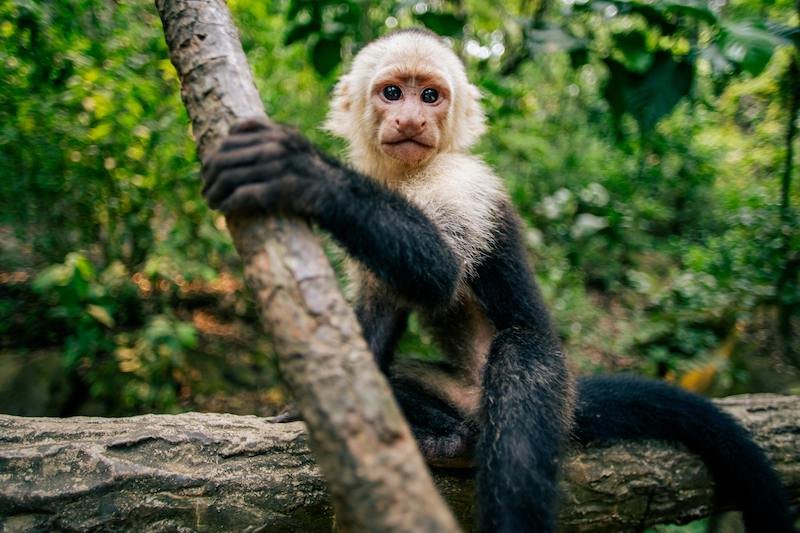
Uganda Research Permits: Requirements for Tourists

Uganda Research Permits: Specimen Collection & Safety Guide for Tourists
Uganda research permits are essential for tourists planning to conduct studies, collect specimens, or engage in educational activities. With its rich biodiversity and varied ecosystems, Uganda is a top destination for scientific exploration. However, strict regulations must be followed. This guide outlines the legal requirements and necessary permits for researchers visiting Uganda.
Visa and Entry Requirements for Uganda Research Permits
Before initiating research in Uganda, visitors must secure a valid tourist or research visa. This can be acquired through the Ugandan embassy or via the official online portal. A passport valid for at least six months and a yellow fever vaccination certificate are required at entry. Uganda electronic visa portal.
Uganda Research Permits for Scientific and Educational Activities
To conduct research, one must apply for a research permit through the Uganda National Council for Science and Technology (UNCST). Applications must include project objectives, methodologies, timelines, and partnerships with local institutions. Collaborating with Ugandan researchers can improve approval success.
Visit the UNCST website for official requirements and application forms.
How to Obtain Uganda Specimen Collection Permits
Tourists collecting biological specimens—such as reptiles, insects, fish, amphibians, and small mammals—need additional permits from agencies like the Uganda Wildlife Authority (UWA) and National Environment Management Authority (NEMA). These agencies require detailed information about species, collection methods, and intended use.
Permits for Smaller MammaPermits for Collecting Specific Specimen Types
Small Mammals and Reptiles
For these species, permits ensure sustainable collection practices and population preservation. Detailed collection plans must be submitted and often require partnership with local experts.
Fish Collection
Permits from the Uganda Fisheries Resources Research Institute (UFRRI) are mandatory. Applications must highlight species, collection areas, and methods. Environmentally friendly, non-invasive techniques are preferred.
For information Visit UFRRI Website
Insect Specimen Permits
The National Agricultural Research Organization (NARO) issues permits for insect collection. Proposals should prioritize ethical guidelines and environmental impact mitigation. NARO provides permit guidelines and requirements.
Amphibian Collection
Permits for amphibians must also be obtained via UWA and NEMA. Applicants should clearly define species, collection zones, and techniques. Local collaboration and adherence to ethical practices are mandatory. Collaboration with local amphibian specialists is often encouraged.
Liquid Sample Collection (e.g., Blood Serums)
Biological liquid samples such as blood serums require:
- Clearance from the Uganda National Health Research Organization (UNHRO)
- Detailed proposals outlining procedures and uses
- Compliance with safety and ethical handling protocols
Export and Transport Regulations
Transporting specimens within Uganda or internationally requires:
- Transport permits from UWA and NEMA
- Export clearance through the Uganda Revenue Authority (URA)
Be sure to include full documentation at customs checkpoints. Visit the URA website for up-to-date exportation policies.
Health and Safety Guidelines
To protect yourself and others during fieldwork:
- Keep vaccinations current: yellow fever, typhoid, hepatitis A & B
- Secure comprehensive health insurance, including evacuation
- Use proper PPE (Personal Protective Equipment)
- Follow safety protocols while collecting or handling specimens
Refer to CDC Traveler’s Health for more information.
Ethical and Conservation Guidelines
Researchers are required to:
- Minimize harm to wildlife and habitats
- Submit post-study findings to Ugandan authorities
- Prioritize biodiversity conservation in methodologies
Collaboration with local researchers not only boosts ethical credibility but enhances project approval odds.
Local Collaboration in Uganda Research Projects
Uganda encourages foreign researchers to work with local institutions and communities. Benefits include:
- Easier permit approval
- Access to localized knowledge and support
- Community goodwill and conservation advocacy
Engage early with local universities, NGOs, and government departments to build these partnerships.
Conclusion
Uganda offers an exceptional opportunity for researchers and educators, but navigating its research and specimen regulations is essential. By obtaining proper permits, respecting conservation laws, and working with local institutions, tourists can make meaningful contributions to science while preserving Uganda’s natural heritage.
Image Alt TeInternal Links:
External Links:
Recent Posts
Hartebeest vs Topi in Uganda: Species, Parks & Key Differences
Mountain Gorillas and Chimpanzees in Uganda
Monkeys in Uganda: Species, Parks & Safari Guide
Tags

Thailand




